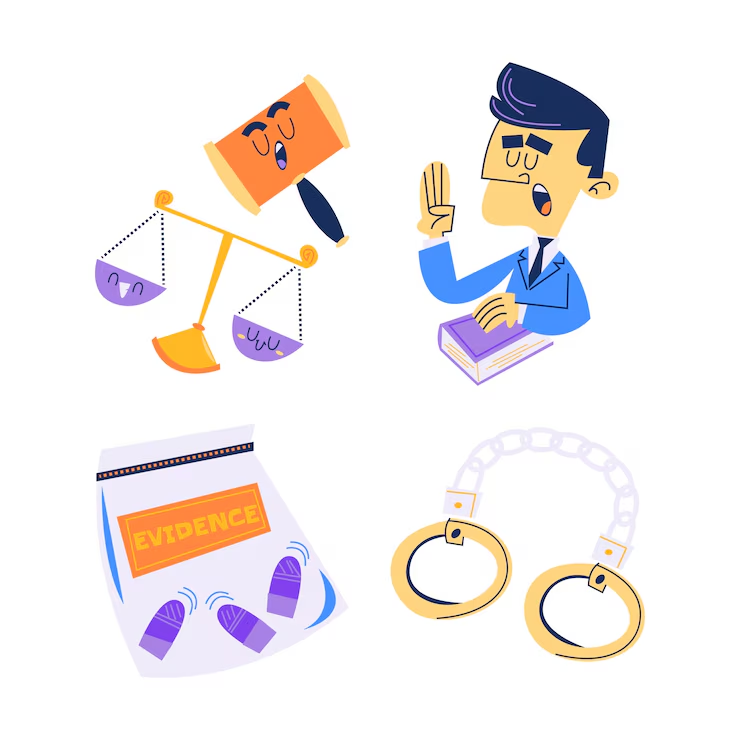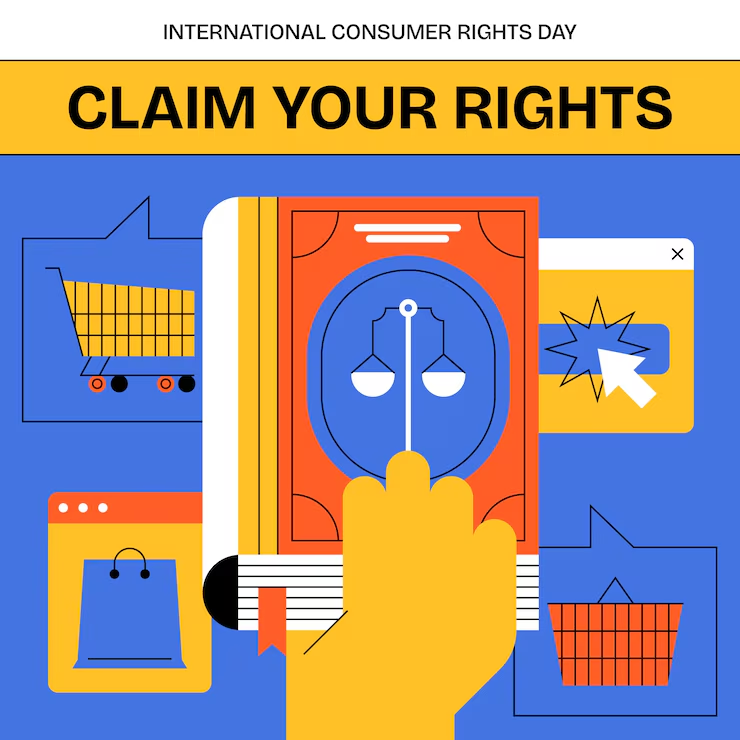The Legal Risks of Selling Misbranded or Adulterated CBD Products
Table of Contents
As the cbd roll on for pain industry continues to expand rapidly, with thousands of products flooding the market, not all are created—or labeled—equally. Many businesses, both small startups and large retailers, are entering the CBD space with enthusiasm but often without a clear understanding of the legal responsibilities involved. The Legal Risks of Selling misbranded or adulterated CBD products are real and significant, carrying consequences that range from financial penalties to criminal charges and product seizures.
In this article, we’ll break down what constitutes misbranding or adulteration in the context of CBD, how it happens, and the Legal Risks of Selling products that don’t comply with federal and state regulations.
What Are Misbranded or Adulterated CBD Products?

Misbranding typically refers to products that are incorrectly labeled, make unapproved medical claims, or fail to provide accurate ingredient disclosures. Adulteration, on the other hand, occurs when a product contains harmful or unauthorized substances, is manufactured under unsanitary conditions, or does not meet established safety standards.
In the eyes of the U.S. Food and Drug Administration (FDA) and other regulatory agencies, both issues are taken seriously—especially when public health is at stake.
The Legal Risks of Selling Non-Compliant CBD Products

1. FDA Warning Letters and Enforcement
The FDA routinely issues warning letters to companies that violate labeling, safety, or marketing laws. Businesses that ignore these letters may face civil penalties, product seizures, or injunctions that halt their operations entirely.
2. Federal and State-Level Prosecution
The Legal Risks of Selling misbranded or adulterated products extend to potential criminal prosecution. Misrepresenting CBD as a cure or treatment for serious diseases, like cancer or COVID-19, can lead to felony charges, especially if harm occurs.
3. Civil Lawsuits from Consumers
If a consumer suffers harm due to inaccurate labeling or contamination (e.g., mold, heavy metals, or THC over legal limits), the company may be sued for personal injury, fraud, or negligence. These lawsuits can severely damage a brand’s reputation and finances.
4. Loss of Business Licenses and Permits
CBD businesses must often hold state-issued licenses. Regulatory bodies can revoke or suspend licenses for violations related to adulterated or misbranded products, causing irreparable business interruption.
5. Product Recalls and Reputational Damage
A single contamination or mislabeling issue can force a business to issue a product recall, which is both costly and damaging to consumer trust. Once a brand’s name is associated with unsafe products, recovery becomes an uphill battle.
Common Causes of Misbranding and Adulteration
- False or exaggerated health claims (e.g., “CBD cures anxiety”).
- Incorrect CBD/THC content on the label.
- Failure to list all ingredients or allergens.
- Use of unapproved synthetic cannabinoids.
- Unsanitary or unregulated manufacturing practices.
Many of these problems arise from either a lack of knowledge or from cutting corners to reduce costs.
How to Minimize Legal Risks of Selling CBD
To avoid the Legal Risks of Selling misbranded or adulterated CBD products, businesses should:
- Use third-party lab testing and publish Certificates of Analysis (COAs).
- Avoid making unverified medical claims on labels or websites.
- Comply with FDA and FTC marketing guidelines.
- Follow GMP (Good Manufacturing Practices).
- Stay informed about changing federal and state regulations.
FAQs About the Legal Risks of Selling CBD
1. What counts as a misbranded CBD product?
A product is misbranded if it contains false or misleading labeling, lacks required information, or makes unauthorized health claims.
2. Is adulteration always intentional?
No, adulteration can be accidental due to contamination or poor manufacturing practices. However, businesses are still legally responsible.
3. Can I be sued for selling mislabeled CBD?
Yes. Consumers can sue for personal injury or fraud if they are harmed or misled by mislabeled products.
4. Does third-party testing help protect against legal risks?
Absolutely. It proves transparency and verifies product contents, which is essential for consumer safety and regulatory compliance.
5. Are state laws different from federal CBD laws?
Yes. Some states have stricter rules, so sellers must comply with both federal and state-level regulations to avoid legal trouble.
Final Thoughts
The Legal Risks of Selling misbranded or adulterated CBD products are not just theoretical—they are already affecting companies across the United States. As consumer demand for CBD grows, so does the scrutiny from regulators and watchdogs. By ensuring product quality, accurate labeling, and regulatory compliance, businesses can protect themselves and build lasting trust with customers.
In a fast-moving industry like CBD, knowledge and caution are the best safeguards against legal fallout.







